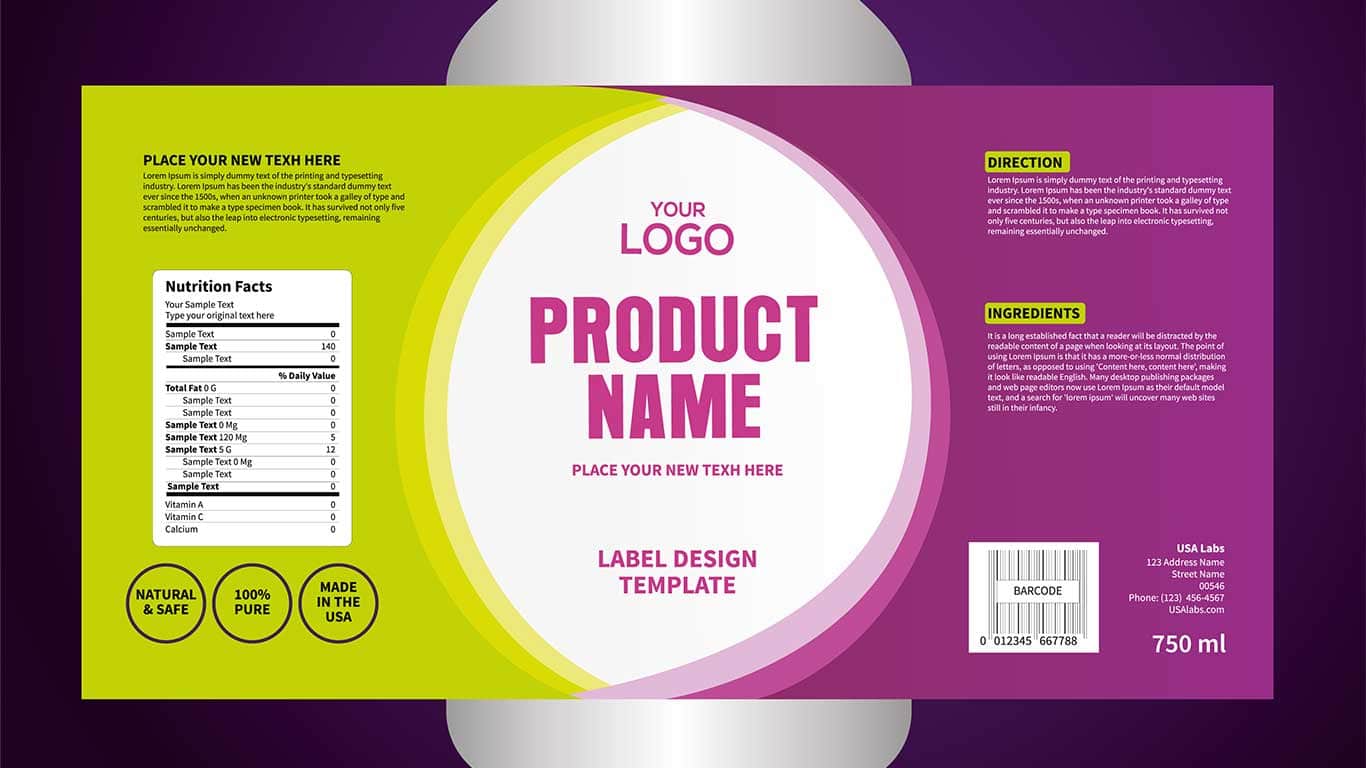Competitive advantage for F&B producers
Producers in the food and beverage industry seek competitive advantages – they have no choice; individual product profit margins are notoriously thin.
In order to achieve trustworthy food safety, accurate labeling, traceability and transparency throughout the global supply chain, manufacturers must digitize and empower their teams with Industry 4.0 integrated process solutions that deliver strategic competitive benefits.
Free Whitepaper
Product Lifecycle Management: Learn how to drive innovation, reduce costs and risks and eventually gain a competitive advantage.
Product data management has evolved from simple engineering roots to expansive organization-wide process solutions for formula-based food manufacturers. Reliable market data clearly illustrates the broad benefits of PDM and product lifecycle management.
At its core, PDM is a strategic business approach that applies a consistent set of process solutions to support collaborative creation, management, dissemination and use of product information and data across the extended organization, from concept through the end of the product lifecycle.
PDM integrates people, processes, business systems and data – it creates opportunities and manages nearly every aspect of your organization, providing interdepartmental collaboration and the foundation for the use of digital intellectual data as a strategic, competitive asset.
R&D teams are frustrated
Research and development teams and food engineers often struggle with the limitations of spreadsheets and fragmented formulations, recipes and communication. Miscommunications while locating change orders or managing variations during trial and simulation phases costs manufacturers thousands of dollars and hours of lost time – the disorganization and loss of process control is frustrating for all shareholders.
PDM cornerstone
As PDM has grown in popularity with food producers – it is now the cornerstone upon which organizations are built – the technology has continued to develop. PDM has evolved; it is the foundational component of product lifecycle management, or PLM.
PLM for Industry 4.0 has expanded functionality and capabilities to enable workflow technologies, methodologies and processes. It increases the value of the entire organization – delivering innovation for new products, accelerating time to market, improving product quality and decreasing product cost – while eliminating food safety and global regulatory compliance challenges.
PLM process solutions support more than just established or traditional products, they enable collaborative design and engineering of innovative new products, intellectual asset management, production, sourcing and supplier management, quality control and customer retention service and support.
Team empowerment best practices
Best practices to migrate workflows and empower team collaboration with PLM electronic document management solutions that integrate across channels provide a very compelling reason to invest in comprehensive product data management process solutions.
The scope of SpecPage solutions has greatly expanded and added value to innovative processes, making end-to-end collaboration possible – not just for engineers, R&D and QC, but for all authorized shareholders, particularly as the development of software as a service (SaaS) and cloud-based options have advanced.
ERP is not the best solution for Industry 4.0
Once upon a time, producers had to stretch enterprise resource planning (ERP) to its very limits to try and accomplish at least a portion of what PLM easily achieves. But as Industry 4.0 has developed, manufacturers are no longer forced into a box that their products do not fit in – there is a process solution that integrates all of their needs for transparency, traceability and definitive product data management, and delivers efficient, effective comprehensive data management.
Profitability drivers
Profitability drivers are still the same – crucial first-to-market status, reducing costs and eliminating global regulatory compliance challenges. Consumers can be fickle, so agile R&D teams that can pivot on a dime are imperative. Food engineers and flavor specialists that can reuse and recycle formulations and recipes to create innovative new products must have the support of Industry 4.0 technology and processes.
The food and beverage industry has a very unique set of requirements – during product development, packaging and labeling design must be considered. Managing documents, controlling change orders, developing structures that provide truth in labeling and conveying this data throughout the organization to shareholders must be accomplished in real-time, across the global supply chain.
Value-added functionality
SpecPage suite of Industry 4.0 solutions emphasize horizontal functionality and industry-specific requirements – in fact, SpecPage is the only PDM and PLM provided that is dedicated exclusively to food and beverage manufacturers.
According to PLM experts at CIMdata, manufacturers in Germany have primarily led the Americas, Benelux, and the UK as the major adopter of product lifecycle management process solutions. As the technology has proven beneficial and offered competitive advantages, other regions are gaining momentum.
This is in part to the globalization of markets – food and beverage industry leaders are well aware of the necessity to export products to increase market share. This is where PLM regulatory compliance features become indispensable. Each country has compliance regulations, and labels must be generated in many languages.
SpecPage PLM process solutions deliver accurate labels and provide automatic compliance triggers, no matter the region, allowing producers to penetrate new markets at will.
SpecPage process solutions deliver functionality to create, capture, access, share and use your data as a strategic competitive asset – to pivot and respond to market pressures and deliver a positive return on investment – to provide a platform that increases global market share and manages all related product data and information for the life of the product.
For industry leaders who seek to invest resources in proven solutions that address the challenges of today and tomorrow, PLM is the most beneficial – the most fundamental investment.




